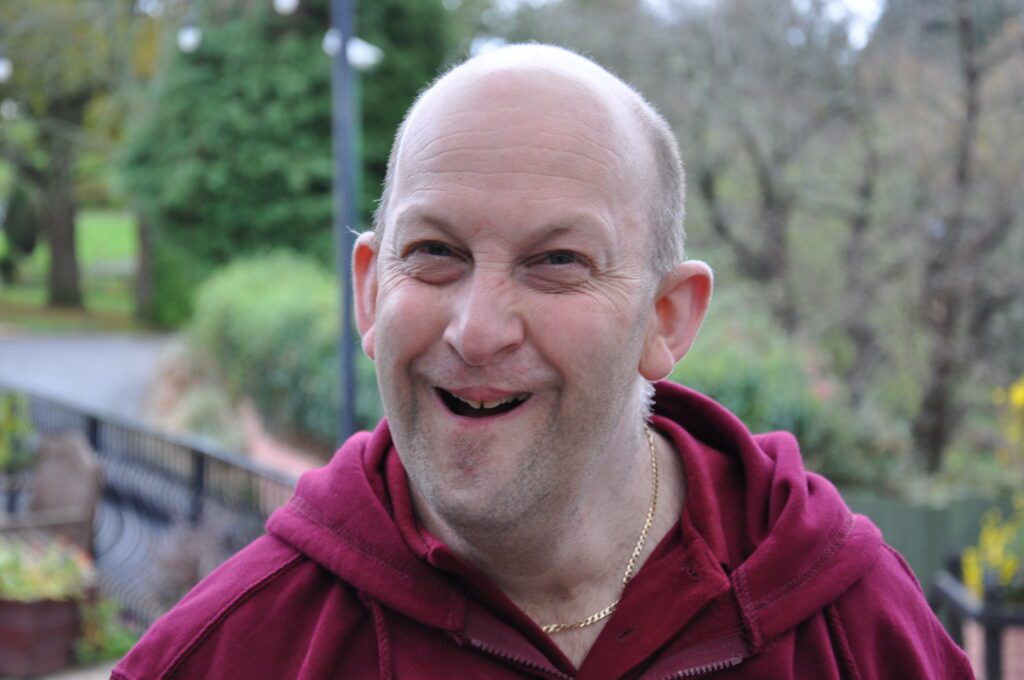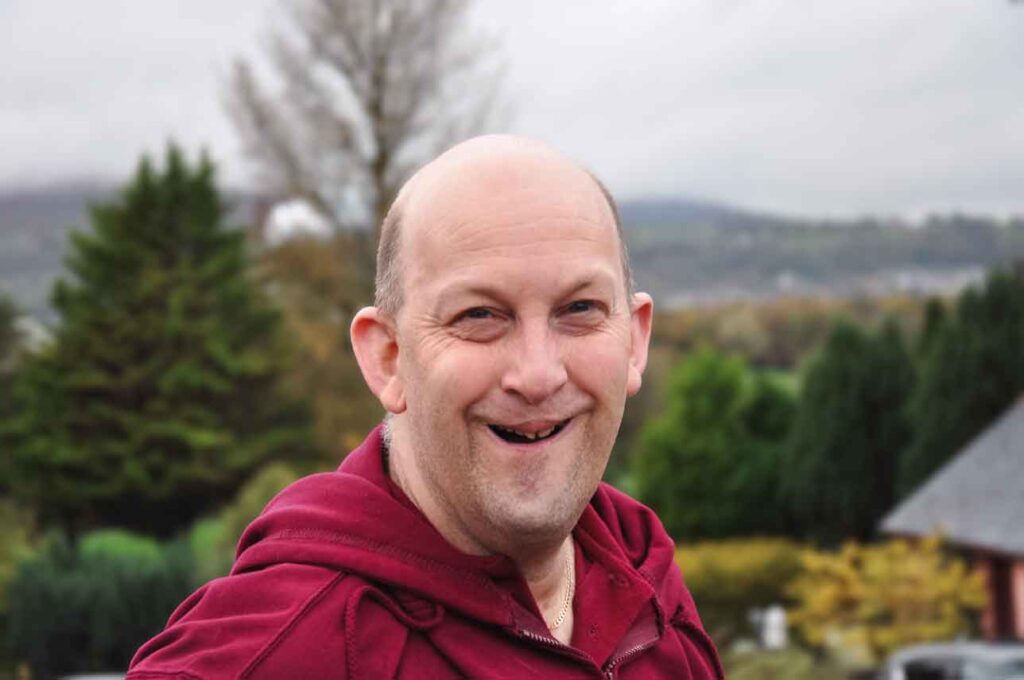Please stop infantilising the likes of other disabled people and me.
Please stop infantilising the likes of other disabled people and me.

I am an author, songwriter and disability blogger with two published children's books, a self-published autobiography about my life experiences living with cerebral palsy, and an ebook that shares practical advice, emotional support and encouragement to guide parents of disabled children facing similar challenges my family and I have been through. My first one is a children's book about disability and acceptance called Max And The Magic Wish, an Amazon bestseller. I'm also a lyricist and have co-written songs for The Korgis (a hitmaking 80s band best known for songs like Everybody's Got To Learn Sometime and If I Had You). Phantom Of The Opera star Peter Karrie, The Royal Marine's Forces Sweetheart Kirsten Orsborn, and a Christmas song with 91,000 listens on Spotify. I have achieved all of this independently, through my own efforts. I am not a child, so please do not treat me like one.
I returned from a holiday in Spain, visiting Benidorm with a friend. After three years of restrictions and lockdowns, it was lovely to have a breakaway, and I thoroughly enjoyed our holiday. But, whilst I was out and about, exploring, partying and having a good time. I noticed something happening, which repeatedly made me very anxious and upset.
For instance, I was once at a restaurant, and the waiter asked my friend what I wanted to order, assuming I couldn't communicate my choice. This kind of behaviour is not only disrespectful but also undermines my independence and autonomy. I felt like I was being ignored, even bypassed, when interacting and conversing with other holiday-makers. I have cerebral palsy and a speech impediment. Because of this, I became increasingly aware that some people would speak to my friend about something they wanted to know about me or ask them a question on my behalf as if they thought or implied I wasn't able to or educated enough to reply. I don't know if I'm older and wiser now; that is why I am noticing this happening more and more. Now, I am progressing into my, let's say, 'limelight years'. I am becoming more confident in my skin, and I now have enough life experience that I do want to answer any difficult questions about my disabilities that people want to know.
I get curious people who want to ask questions about my disabilities. I love that people care and are interested enough to ask because this is how they learn how different disabilities affect different people. Then they understand how we live our lives and sometimes realise that you can still have an active and sociable life if your disabilities allow you to. I am still pretty mobile and functional despite having cerebral palsy. Still, I respect that other disabled people may not be able to get around as I can. Therefore, I will always try to answer every disability question. But please, can I ask people when speaking to me or want to ask me a question? Ask me directly first because I find it very infantilising and demoralising when people assume I am not educated or academically focused enough to answer questions for myself and interact directly with my friends in the first instance. Disabled people are human beings the same as everyone else, even if they look different, don't fit into past stereotypes or are not communicating in a way that you are used to. Disabled people have a soul and want to feel and be included like the rest of society.
So, in general, please stop talking to or about disabled people in the third person, or as if they are an object and make an instant assumption about that person. If you are going to ask them a question, ask them directly. Stop directing questions to the person or people with them, and don't immediately speak to their partner, friend, personal assistant or BSL interpreter. Instead, ask them the question directly in the first instance; if they don't feel confident enough to answer you, they'll ask for help.
Here's an example. Start by asking a disabled a direct question like, 'What is YOUR favourite colour?' instead of using the third person and non-inclusive language, 'What is THEIR favourite colour? Then, if they feel confident enough to answer you immediately, you will know where you can take the conversion directly. If they decide to bring in another person to help, please respect that the conversation may end up being a mixture of first person, direct dialogue with them, and third person, where the other person will help you and the disabled person to communicate efficiently. Disabled people sometimes use other ways of communicating. For example, Augmentative and Alternative Communication, sometimes with eye-gaze technology. Some AAC users may use head pointers or hands-free mouses. Others may use switches to access their devices. However, using some of these communication aids and methods is not too conventional and can be time-consuming. Still, they allow disabled people to have the ability to communicate within society. In addition, they are a form of out-let; they allow people with speech impediments or who are non-verbal to be heard.
Despite my experiences, I believe through education in our schools and on social media, we can start to educate the broader society on how to interact with all kinds of disabled people through more disability awareness programmes in our workplaces, retail, tourism and hospitality sectors. However, our government, devolved governments, and local authorities need to liaise with the disabled community on a bigger scale to achieve this. Primarily, disabled people are the ones who live through these experiences and, therefore, are the best people to advise on how we can make our society a more inclusive one.
So please, be kind when speaking with or asking a disabled person a question. Ask them directly in the first instance because you never know how knowledgeable these people could be, and they will most likely end up inspiring you for the rest of your life.
Best wishes,
Gavin


